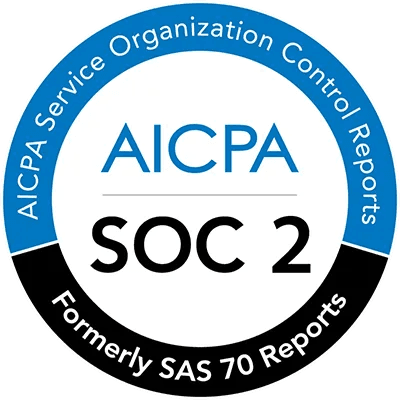How to
What is Ops in LLMOps?
Aug 1, 2023
·
Apr 11, 2023
LLMOps is a specialized area within the broader MLOps landscape, focusing on the deployment, management, and improvement of AI applications built on top of Large Language Models (LLMs) like GPT-4. In this article, we will explore the concept of "Ops" in LLMOps and how Dify caters to this space.
Ops in LLMOps refers to the operational aspects of developing, deploying, and continuously improving AI-native applications that leverage LLMs. With the emergence of powerful language models like GPT-4, managing and deploying these models as part of an AI-driven product requires specialized tools and infrastructure.
Dify and LLMOps
Dify is designed to simplify the Ops aspect of LLMOps with features such as multi-user collaboration, plugins, datasets, logs, and annotations. These features are tailored to help developers and non-developers alike create and operate AI-native applications based on LLMs effectively and efficiently.
Collaboration: Dify allows multiple users to work together on AI-native applications, streamlining the development and deployment process. This collaborative environment makes it easy for team members to share ideas, provide feedback, and iterate on the application's design and features.
Plugins: Dify supports a variety of plugins that enable developers to extend the functionality of their AI-native applications. These plugins can help address specific requirements, add new features, or integrate with other tools and platforms, making the application more versatile.
Datasets: Dify allows users to manage and manipulate datasets, making it easier to prepare the data for training and fine-tuning LLMs. This feature simplifies the process of data cleaning, formatting, and segmentation, reducing the time and effort required for data preparation.
Logs: Monitoring and analyzing logs is crucial in the continuous improvement of AI-native applications. Dify provides a comprehensive logging system that enables users to track application performance, identify issues, and make informed decisions on how to enhance the application.
Annotations: Dify supports data annotation, which is essential for training and fine-tuning LLMs. This feature allows users to label and categorize data, helping the model learn more effectively and produce better results.
A critical aspect of LLMOps is tracking and analyzing key performance indicators (KPIs) to measure the success and impact of AI applications. Metrics such as Average Session Interactions and User Satisfaction Rate provide insights into how well the AI application is performing and meeting user expectations. Monitoring these KPIs enables the continuous improvement of AI applications, ensuring that they remain effective, engaging, and deliver value to the end-users. Dify recognizes the importance of these analytics, and incorporates comprehensive tracking and analysis features to help developers and operators optimize their AI applications for a better user experience.
We've observed that there hasn't been a widely accessible and easy-to-use LLMOps platform available to date. Open-source projects like Langchain offer LLM integration and agent-based capabilities but demand a high level of expertise from developers, and lack operational features. Traditional MLOps providers like Scale offer expensive and non-generic solutions. This observation has inspired us to create Dify, a platform that aims to bridge this gap and provide an accessible, comprehensive, and user-friendly LLMOps solution for a wider audience.
In LLMOps, the term "Ops" emphasizes the importance of efficiently managing, deploying, and continuously improving AI-native applications based on LLMs. Dify is a platform that addresses these challenges by providing a comprehensive set of features designed to simplify the development and operation of AI-native applications, making it an ideal choice for developers and non-developers alike.
via @dify_ai and @goocarlos



